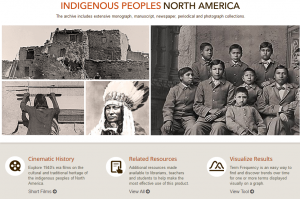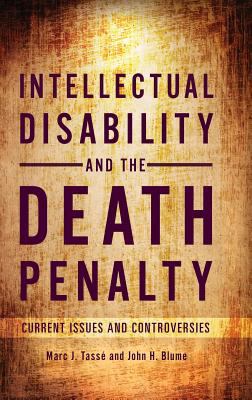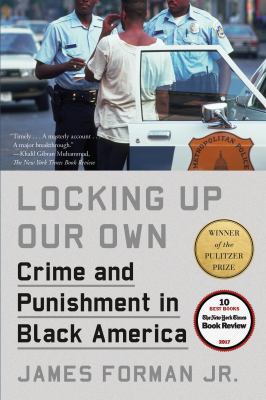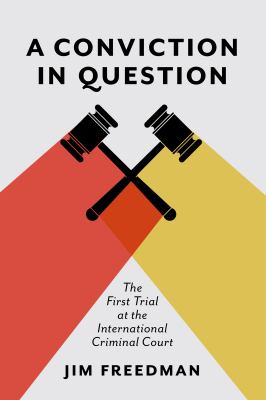
The Indigenous Peoples: North America database is a primary source archive of documents, manuscripts, photographs, films, and books and journals on the native peoples of the United States and Canada. Included are travel narratives, treaties, business records, biographical and autobiographical works, and much more. Materials in the database have been reproduced from the originals held at our National Archives, several university and college libraries, archives for organizations and associations, and from private collections. Users can search for items, browse by type of material, or skim through distinct collections.
For those familiar with the infamous Trail of Tears, when the Cherokee were forced from several southeastern states to the territory that is present-day Oklahoma, the archive includes a collection “Correspondence of the Eastern Division Pertaining to Cherokee Removal, April-December 1838,” that illuminates federal government policy and actions.
Another collection, “FBI File on Osage Indian Murders,” includes many of the documents used by author David Grann when researching his acclaimed book Killers of the Flower Moon: The Osage Murders and the Birth of the FBI, a finalist in non-fiction for the 2017 National Book Award and available for check-out in the popular reading section of the Library.
The archives for the Association on American Indian Affairs, an important advocacy group for Native American rights during the 20th century are contained in the “The Association on American Indian Archives: Publications, Programs, and Legal and Organizational Files, 1851-1983” collection.
Explore this and other databases through the McGraw-Page Library at https://library.rmc.edu!




